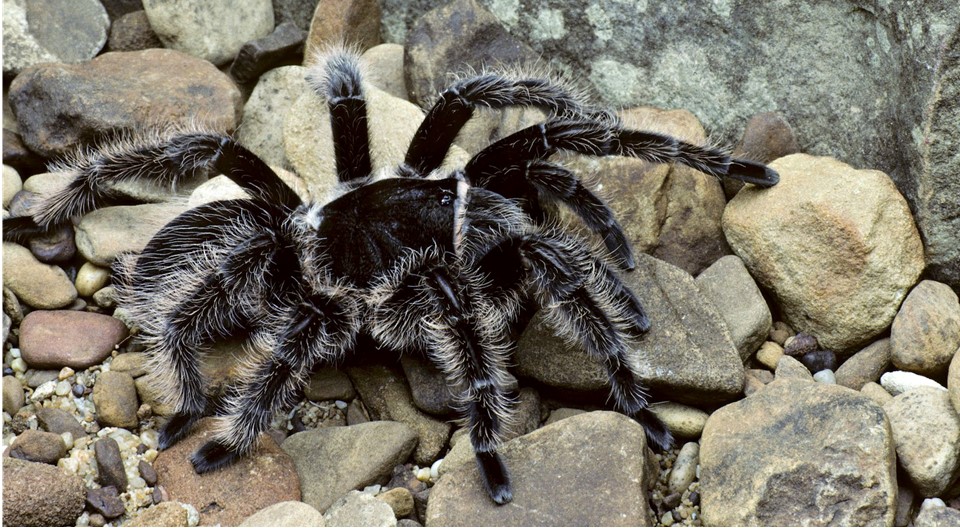
Heat Wave: Keeping our Animals Cool
by Morgan Burnette, Director
Every year, as the summer heat cranks up, we get questions about how we keep our animals cool.
The care and comfort of our animals take priority over everything else. The vast majority of animals here in the Zoo can safely thrive in the South Georgia climate. Before we acquire an animal, we ensure that it can live its life here safely and comfortably. If we can’t guarantee them that, we don’t bring them here in the first place. Many of our animals are either native or come from regions with heat and humidity similar to ours. We also follow stringent guidelines on what temperatures are appropriate for each animal.
Our dedicated zookeepers monitor the animals in their care throughout the day and pay special attention to any changes in behavior. They look for signs of lethargy, heat stress, or abnormal behavior and respond appropriately. They also work closely with our veterinarians who provide both routine and emergency care as needed.
All of our animals are provided access to clean drinking water 24/7. In some cases, guests may not be able to see these fountains, bowls, pools, or automatic waterers from the viewing stations. These are often placed in locations which work best for husbandry and often out of view for aesthetic purposes. Rest assured they are there and the animals know exactly where to find their water!
Each one of our exhibits provides appropriate shade options as well. We use trees, bushes, logs, or artificial shade structures to give animals the option to get out of the sun. Many animals also have access to climate controlled holding areas or fans. The goal is to give animals as much choice and control over their environment as possible. The Cheetahs like to sprawl out in the shade, and the Lemurs can be seen sunbathing on cool mornings.
Pools of water are located in several exhibits so that those animals can choose to take a dip to cool off. The Black Bears can often be found soaking. Mud holes are also provided for animals like the Black Rhino who like to wallow in mud to cool down and protect their skin from the sun and bugs. Zookeepers will also provide sprinklers for some animals who may like to get wet but not go swimming.
We use a lot of ice in a lot of different ways. Sometimes we do something as simple as placing a block of ice on exhibit for the animals to interact with. We may place a bunch of ice cubes out for animals to explore and play in. The Red Wolves are curious and love to roll in and throw the ice around. Just like your kids enjoy a frozen popsicle on a hot day, our Zookeepers treat our animals too! Several species receive tasty treats such as bloodsicles, fishsicles, or frozen food based on their needs and preferences.
This enrichment allows animals to demonstrate their species-typical behavior, gives them opportunity to exercise control or choice over their environment, and enhances their well-being. Enrichment is just as essential to animal welfare as proper nutrition and veterinary care. Appropriate enrichment helps resolve behavior issues, stop boredom, improve quality of life, and keep animals happy. Just as humans require these elements in their lives, so do animals.
I always encourage guests to visit at different times to see how the animals react throughout the day. Sometimes they can be more active in the cooler mornings or after a summer rain shower. I love watching the camels and cheetahs frolic in the rain. Other times they just want to laze about in the shade (me too!). Visiting at various times and temperatures gives guests the opportunity to see different animal behaviors. And don’t forget to grab a cold drink, ice cream, or snow cone during your visit to keep yourself cool as well!















